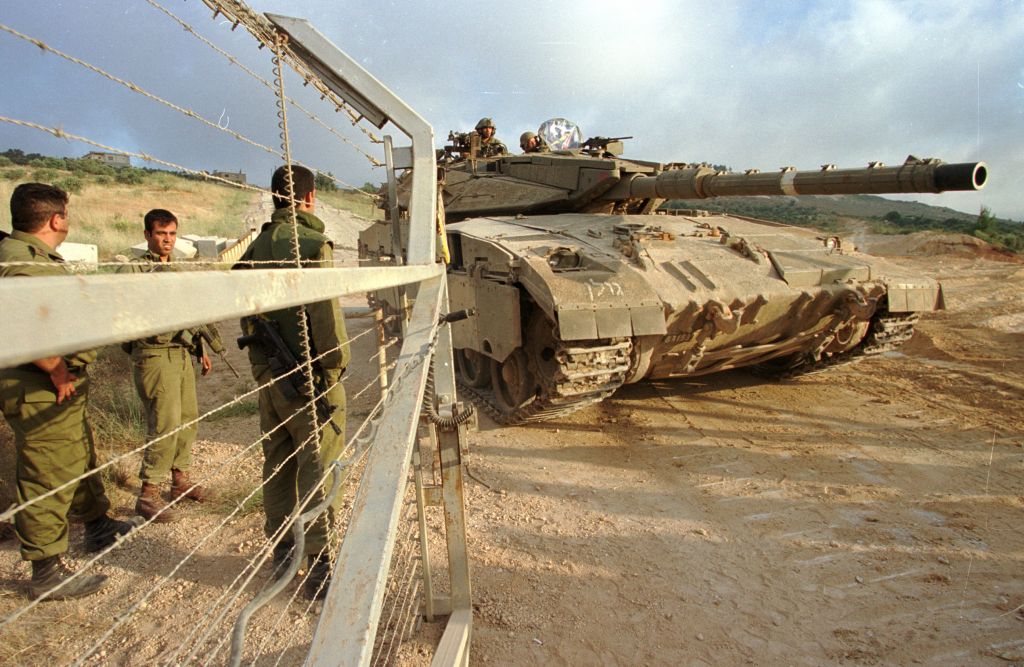
The current conflict between Israel and the Palestinians is once again the focus of regional actors and the international community alike. This and Israel’s previous conflicts with its Arab neighbours are consistently underlined by one commonality: the struggle for territory. Concurrently, Israeli security policy has always been closely linked to predominant understandings of the strategic utility of territory. Nevertheless, how the Israeli public and decision-makers frame territory is fluid and has evolved over time. Sometimes, Israel has withdrawn from territory; on other occasions, policy-makers have deemed territorial control an existential issue that will determine Israel’s survival. Today, Israel retains control over the West Bank and Golan Heights, whilst it has previously left the Sinai Peninsula, southern Lebanon. In 2005, it left the Gaza Strip, but re-occupied that territory after the Hamas attacks of October 7, 2023. By focusing on these territorial withdrawals and non-withdrawals and past and present conflicts between Israel and its neighbours, this course traces the perceived and actual link between security and territory, in Israeli policy-making and society. This course is recommended for students seeking a deeper immersion in the Israel-Arab conflict and for those who want to understand the origins and potential consequences of the current Israel/Gaza war. This course will be particularly useful for students who seek to better understand a prolonged conflict that still shapes the Middle East and persistently captures the attention of audiences and decision-makers, across the globe.
- Teacher: Ladislav Beneš
- Teacher: Rob Geist Pinfold
- Teacher: Robert Geist Pinfold
- Teacher: Irena Kalhousová